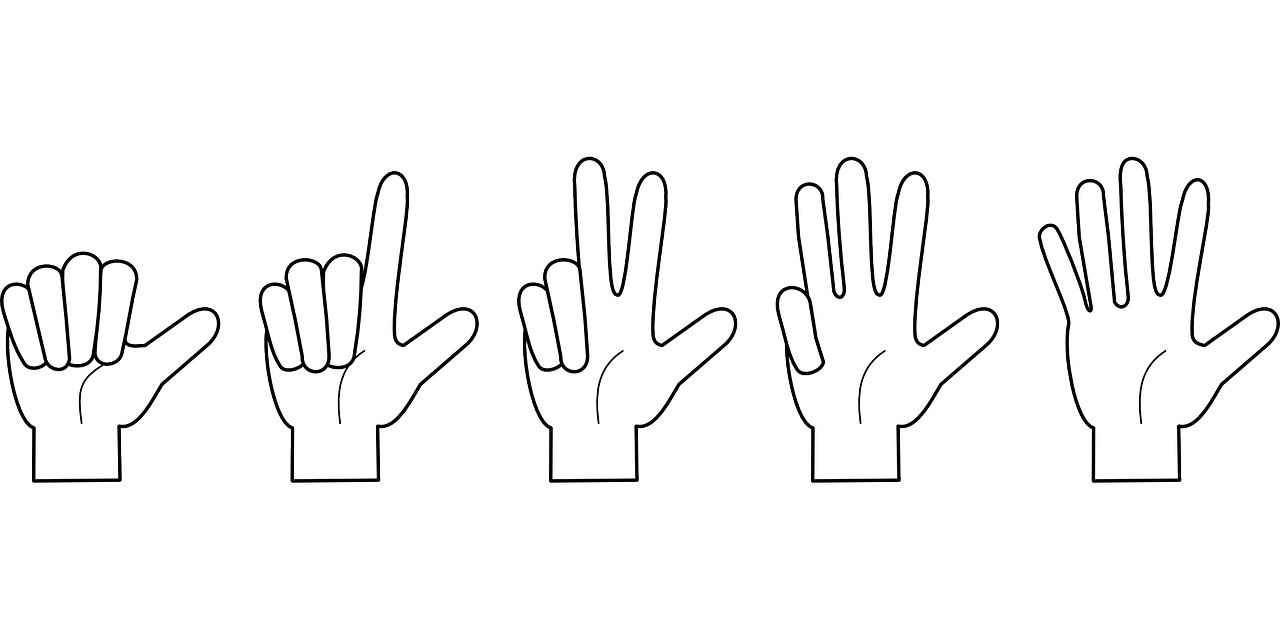Adolescence is a very confusing and turbulent period. Still, there are some very obvious signs and symptoms that something may be off with your child. How do you know when it’s time to seek help? And when can you relax?
In this article we introduce with five (5) teen behaviors that fall into the “normal” category, and five abnormal and opposite behaviors. If your teen is displaying several of the “not normal” behaviors, you may not be overreacting when thinking about getting professional help. As always, we invite your questions or comments at the end.
1. Teen Behavioral Changes
NORMAL: In adolescence, our children begin to the natural separation process during which they get further away from family and demand their own privacy. This is a normal process of gaining independence, which means your teenagers are growing and maturing. They may spend hours in front of the computer or on their phones, but it’s also normal to be a secretive. It is healthy to spend more time with friends, engaging in healthy social activities, hobbies and other interests. Likewise, it is also normal if your teen is not too excited to spend time doing family activities.
NOT NORMAL: If your teenager suddenly has new friends and doesn’t spend time with old friends, this can be a warning sign. Other worrisome changes in behavior include sudden drop in grades, loss of motivation or interest in once enjoyable hobbies and activities, oversleeping or sleeping too little, and becoming easily bored. Also, be ready to do something if your teen is refusing to let you know where and with who s/he’s going out and coming home past curfew.
2. Sudden Mood Swings
NORMAL: Because teenagers deal with a lot during adolescence, you can surely expect some dramatic moments. Be patient and try to understand that issues that are irrelevant to grown ups seem like serious problems to your teenage sons and daughters. They are trying to fit in, keep up with school assignments, navigate relationships with a boyfriend or girlfriend, manage all extra curricular activities, or even deciding what to wear, etc.
NOT NORMAL: Some teenagers haven’t yet managed to develop the necessary coping skills to help the deal with all the stress and pressure regular duties cause them. Episodes of sadness, anxiety, frustration may be normal if they pass, but if these feelings become chronic, they are definitely a sign that shouldn’t be ignored. Especially if your teen has become extremely disrespectful, disobedient and you’ve caught him/her in a lie on several occasions.
3. Breaking Boundaries
NORMAL: If your house is a place where everyone has equal rights of free expression, your teenager will have no problem displaying his/her own need for adaptation of the rules. Some boundaries change from generation to generation and it’s unfair to compare your 15 year old child to yourself when you were of that age. Instead of strictly banning sexual activities or social drinking, you can learn more from your child if you openly talk about these activities. You will be able to hear what they think about the subject and you can educate them about safety protocols.
NOT NORMAL: Breaking all rules and boundaries you set. There is a whole set of behaviors that will warn you that you are no longer in control. Using unacceptable language, taking things without asking or stealing from home, coming home late, drinking alcohol, using marijuana or prescription medications. You need to seek professional help in order to deal with situations when your teenager son or daughter simply do not care about your values and rules.
4. Negative Thoughts and Actions
NORMAL: You’ll need to learn that the drama moments are just drama and that they will pass. The events in which your teen will “wish to die” or “hates you all” because you failed to understand what they were telling you, did something or didn’t do something, are completely transitory. Teens may overreact if they can’t have that new phone, or borrow the car, or go to the party. Stay calm and continue being understanding, loving and handle it with authority.
NOT NORMAL: Suicidal thoughts or ideation, especially when coming from a withdrawn, or depressed-looking teen have to be taken seriously. You will have to pay close attention to check if your teen is causing self-harm, mutilation, or engaging in risky behaviors. Signs of self-destructive behavior have to be attended to as quickly as you can. Psychological help can have significant influence in improving the situation.
5. Avoiding family-time to be with friends
NORMAL: In this period, all the previous “family fun” activities may become “uncool” for your teenager. Thus, s/he will continuously not engage in doing things together and would rather do things with peers and friends that are of common interest to them. If you can communicate with your teen about which activities s/he finds fun and try to do those activities together, it will be good for you all. On the other hand, you will just keep getting frustrated as your teen also feels that you are keeping him/her from doing what they desire by forcing them to do the things you want.
NOT NORMAL: Growing hatred towards every activity that involves the family and refusing joined conversations, meals, activities may be a sign of bigger problems. Also, if your teen keeps hanging out with the wrong type of friends all the time, without regard to your values and spoken concerns, you may need to look deeper into the problem.
Parents, you are not alone
If your teen child is displaying one or more of the “NOT NORMAL” behaviors, seek professional or psychological help as soon as you can. Often, troubled teens can distance themselves for right cause, and underlying family issues need to be addressed. Or, perhaps a trauma unknown to you has occurred. Mental and emotional health within the family unit are something that we ALL need to work on. Just as with our physical health, attention, time, and care can bring families together or present solutions that may otherwise have gone unrecognized.
If you or your family need help, please reach out to us now. We’ll be happy to refer you to a service that can help.











0 Comments